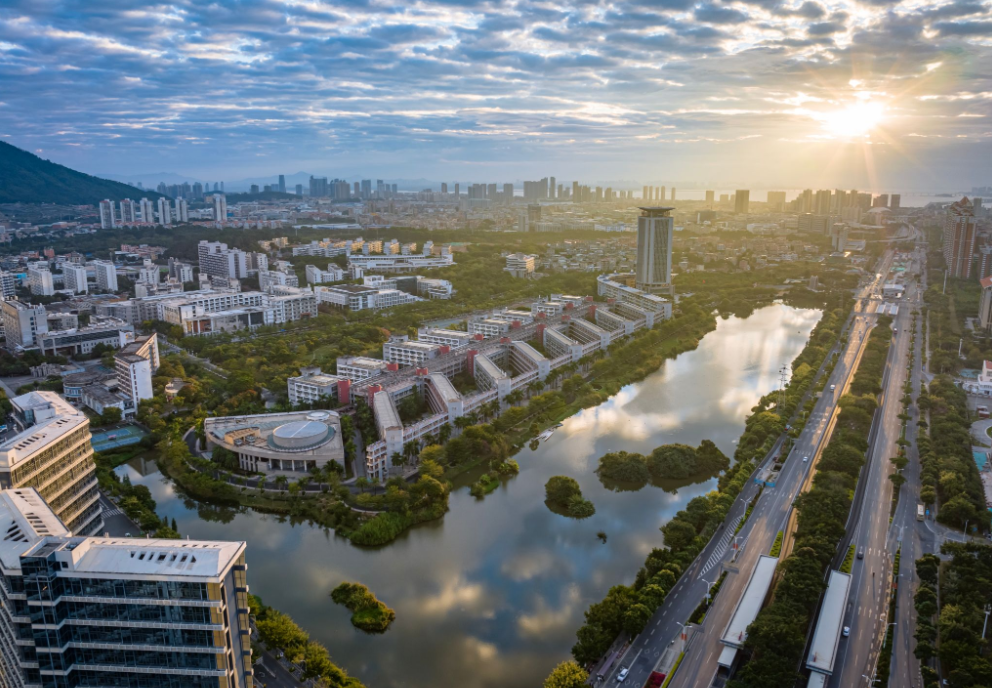
Huaqiao University (HQU) is a university directly affiliated with the United Front Work Department of the CPC Central Committee (Overseas Chinese Affairs Office of the State Council). It is designated as a National Base for Chinese Language and Culture Education, a National Base for University Students' Cultural Quality Education, a National Base for Language Promotion, a National Demonstration Base for Language Service Export, a National Demonstration University for Deepening Innovation and Entrepreneurship Education Reform, a National Model University for Faculty Evaluation Reform, and a National Base for the Inheritance of Excellent Traditional Chinese Culture in Higher Education Institutions.
Founded in Quanzhou, Fujian Province in 1960 with Liao Chengzhi as its first president, the university was suspended in 1970 and reopened in 1978. In 1983, it was listed as a “key university receiving special support” by the Central Government. Since 1996, it has been jointly supported by the Overseas Chinese Affairs Office and the Fujian Provincial Government. In 2006, the Xiamen campus was inaugurated. In 2018, HQU was selected for inclusion in the “Double First-Class” initiative of Fujian Province. In 2019, it entered into a new co-construction framework with the United Front Work Department, the Ministry of Education, and the Fujian Provincial Government.
Huaqiao University established its board of directors in 1980. Prominent figures such as Zhuang Xiquan, Hu Ping, Huang Changxi, Jia Qinglin, Chen Mingyi, Song Defu, and Wang Gang have served as board chairpersons. The current chairman is Mr. Cai Dafeng, Vice Chairman of the Standing Committee of the National People’s Congress, with Mr. Ho Hau Wah, Vice Chairman of the CPPCC National Committee, serving as Honorary Chairman.
The university has campuses in both Quanzhou and Xiamen, comprising 27 colleges and schools. It covers 11 disciplinary categories, with 11 first-level disciplines authorized to confer doctoral degrees, 26 for master’s degrees, 26 professional degree categories, and 5 postdoctoral research stations. It boasts 41 key disciplines at national and provincial levels and 3 first-class disciplines in Fujian Province. Four disciplines—Engineering, Chemistry, Materials Science, and Computer Science—rank in the top 0.5% globally according to ESI; Environment/Ecology and Social Sciences rank in the top 1%.
HQU offers 68 undergraduate programs, including 35 designated as national-level first-class programs and 17 at the provincial level. A total of 23 programs have passed national or international accreditation.
Currently, the university has 28,621 full-time undergraduate students, 7,926 graduate students, and 9,045 students from Hong Kong, Macao, Taiwan, and overseas. Among its 2,949 faculty and staff members, 1,741 are full-time teaching faculty, of whom 58% hold senior professional titles, 73% hold doctoral degrees, and 64% are under the age of 45. HQU has one academician team, with 105 national-level and 721 provincial-level high-level talents. Multiple faculty teams have received prestigious titles including “National Advanced Collective in the Education System,” the Ministry of Education’s “Huang Danian-style Faculty Team,” and the Ministry of Science and Technology’s “Innovative Talent Promotion Program” key teams.
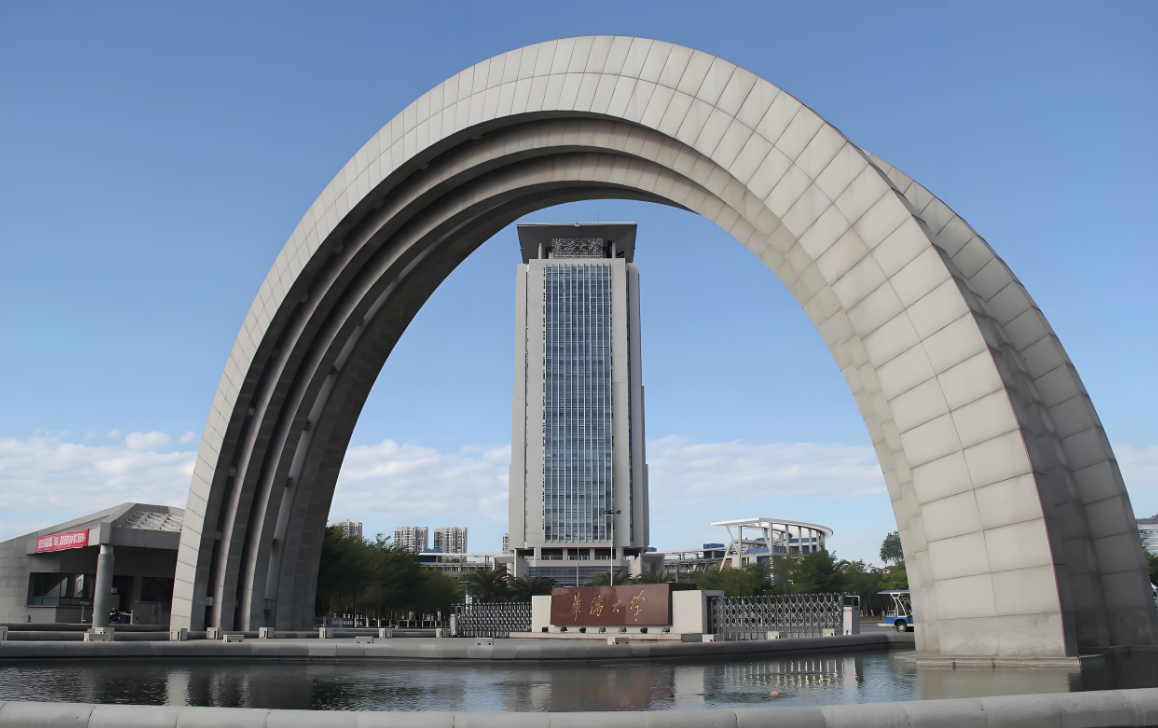
Adhering to the principle of “serving overseas Chinese and promoting Chinese culture,” HQU has cultivated over 280,000 graduates, including more than 80,000 from Hong Kong, Macao, Taiwan, and overseas, who serve as bridges for China’s international exchange and cooperation. The university promotes people-to-people diplomacy, public communication, and Chinese language education globally, and has established partnerships with over 570 overseas Chinese schools. It has hosted 19 sessions of Chinese language classes for foreign government officials and garnered over 220 million views for its original short videos by faculty and students across platforms worldwide. HQU is home to several prominent think tanks and research institutions, including the Institute of Overseas Chinese and Regional Studies, the Institute for Chinese Culture and World Civilizations, and the Center for Taiwan Studies.
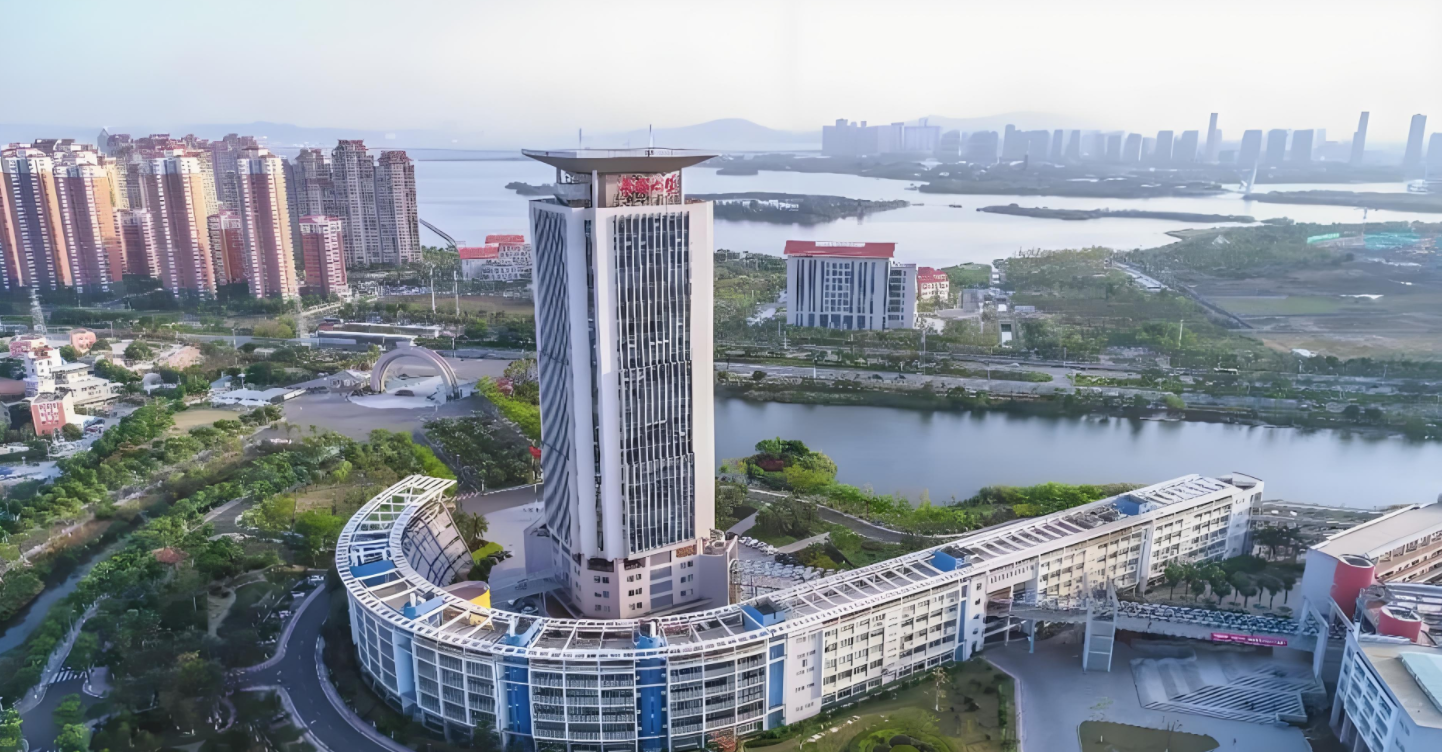
Looking ahead, Huaqiao University remains guided by Xi Jinping Thought on Socialism with Chinese Characteristics for a New Era. It fully implements the spirit of the 20th CPC National Congress and subsequent plenary sessions, while acting on the instructions from the National Education Conference. With its mission of serving overseas Chinese and promoting cultural exchange, the university continues to uphold its fine traditions, pursue reform and innovation, enhance its academic quality and standards, and strive to become a first-class university in China with global recognition—contributing to national development and the great rejuvenation of the Chinese nation through Chinese modernization.
Source:en.hqu.edu.cn
Events
More+-
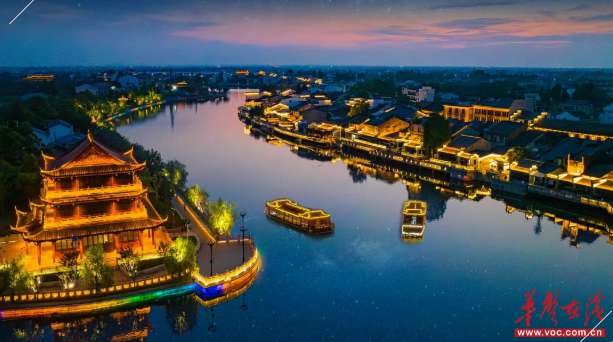
2026 Changsha Spring Festival Lantern Fair to Open in Jinggang Ancient Town
-
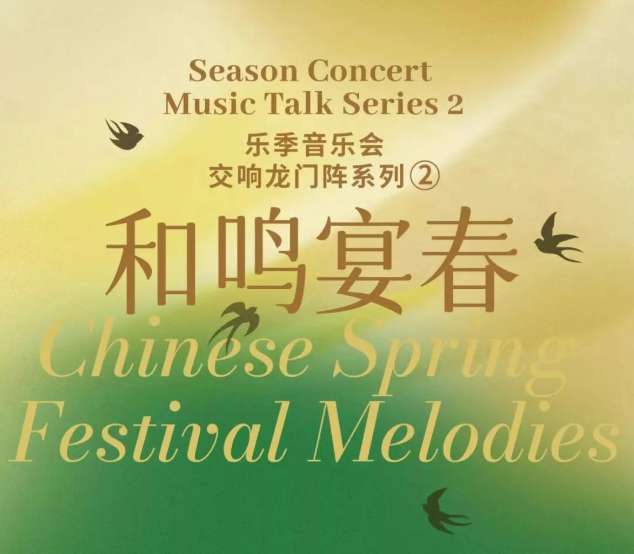
Chengdu Symphony Orchestra2025-2026 Season Concert—Music Talk Series 2“Chinese Spring Festival Melodies”
-

Exhibition of Zhao Yunyu’s Calligraphy and Painting from the Chengdu Museum Collection
-

The 55th Chengdu InternationalPanda Lantern Festival
-
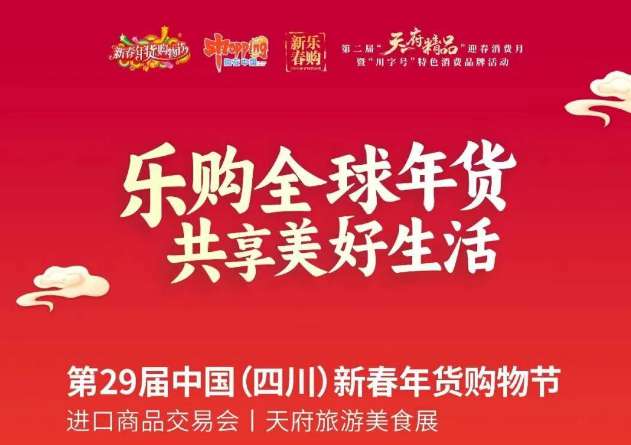
The 29th China (Sichuan) New Year Shopping Festival



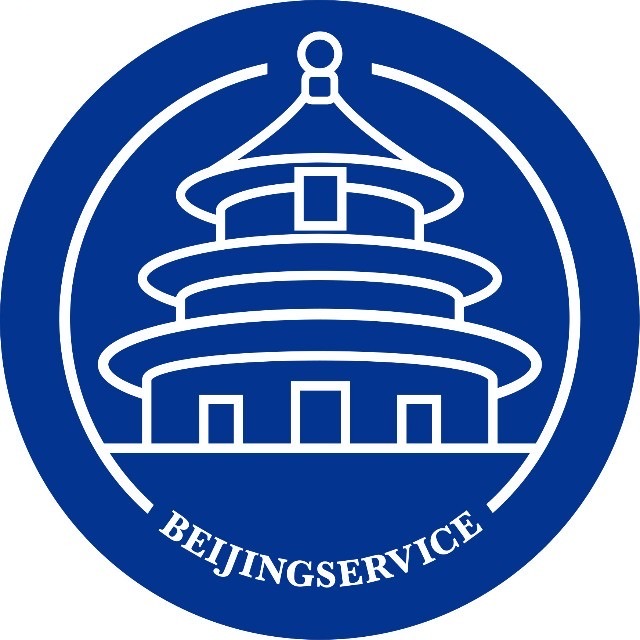
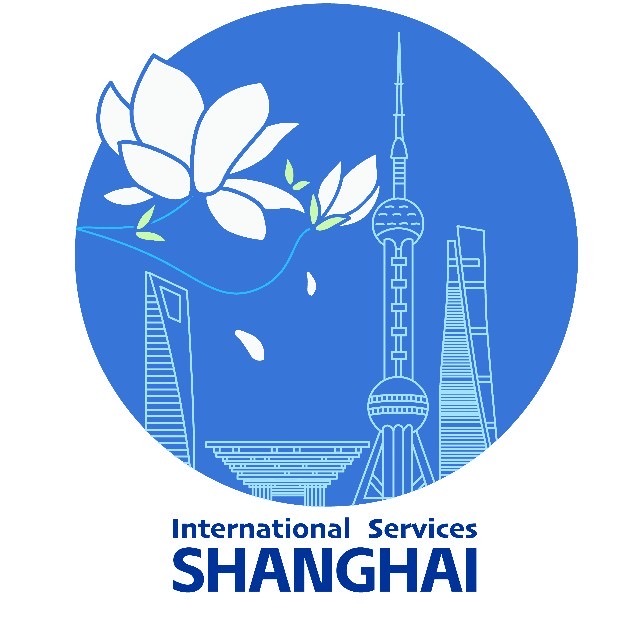



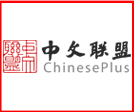
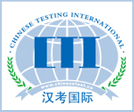
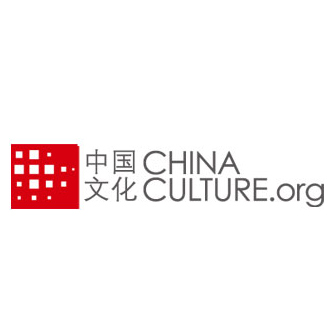
 京公网安备
京公网安备